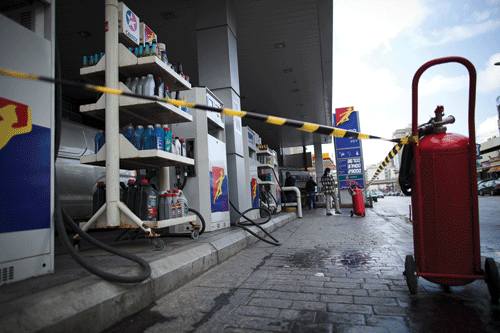Paul Cochrane
Paul Cochrane is an independent journalist covering the Middle East and Africa. He lived in Bilad Al Sham (Cyprus, Palestine and Lebanon) for 24 years, mainly in Beirut. He is also the co-director of a documentary on the political-economy of water in Lebanon, “We Made Every Living Thing from Water”

